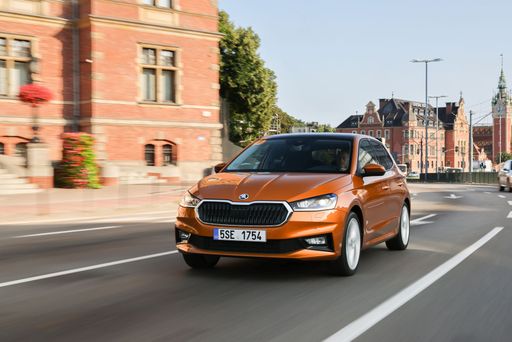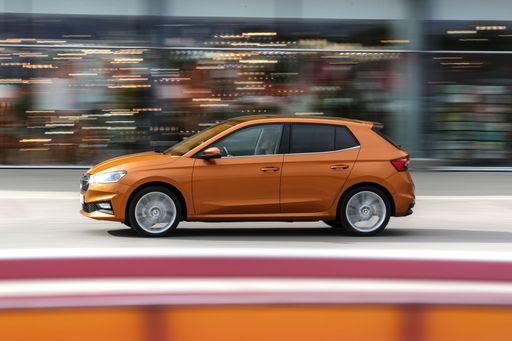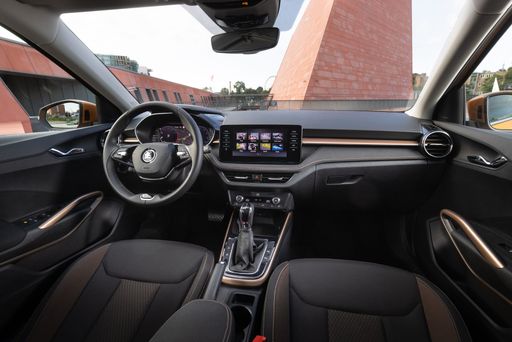Small Car, Big Personality
The i20 feels like the extrovert of the pair — youthful, chatty and keen to please anyone looking for a bit of style in their daily commute, while the Fabia presents itself as the sensible sibling: understated, confident and quietly efficient. Both wear their characters on their sleeves, so your choice starts with whether you want to stand out or blend in while enjoying sensible functionality. Neither is trying to be a sports car; they both promise rewarding everyday ownership with different attitudes. Pick the personality that matches your daily mood and the rest will fall into place.










